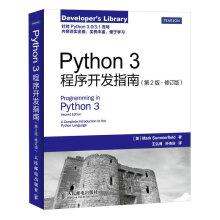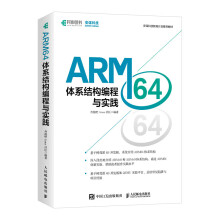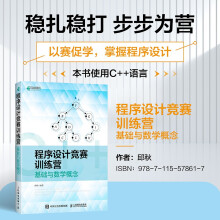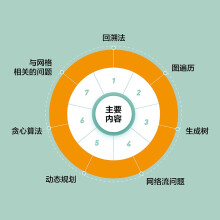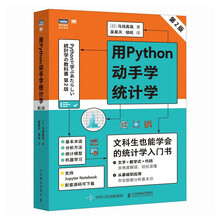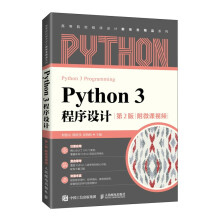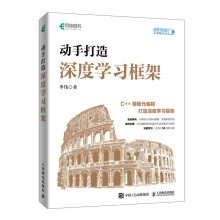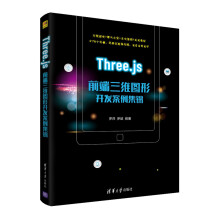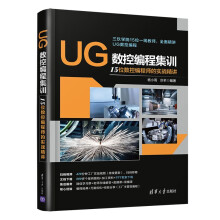5.子夏日:“贤贤易色,事父母能竭其力,事君能致其身,与朋友交言而有信。虽日未学,吾必谓之学矣。”<br> 【语出】《论语·学而》<br> 【注】①子夏:孔子晚年收的学生,姓卜名商,字子夏。②贤贤易色:贤贤,尊重有才德的人,第一个“贤”活用为动词。易色:易,当改变讲;色,好色之心。③致:与“竭”一样,也是尽的意思。<br> 【译】子夏说:“一个人因为重视贤德而改变自己的好色之心,奉养父母能够竭尽全力,服侍国君能够竭尽全力,与朋友交往言而有信。这样的人,即使他自己说自己没有学习过,我也一定要说他是已经学习了。”<br> 【英译】Tzu-hsia said,“in my opinion,a man who changes his lubricious mind for the sake of the virtue,who tries his best to serve his parents,who devotes himself to serving the prince,who is faithful to his friends is an educated man even he denies.”<br> 6.子日:“君子食无求饱,居无求安,敏于事而慎于言,就有道而正焉,可谓好学也矣。”<br> 【语出】《论语·学而》<br> 【注】①有道:有道德之人。②正:正其是非,以纠正、改正自己的缺点。<br> 【译】孔子说:“君子饮食不求饱足,居住不求安逸,做事勤快敏捷,说话却谨慎而小心,能够从有道德的人那里纠正自己的错误,这样的人可以说是好学了。”<br> 【英译】Tie Master said,“A gentleman who never goes on eating till he is sated,who does not demand comfort in his home,who is diligent in usiness and cautious in speech,who associates with those possess the high virtue and thereby correct his own faults--such a person can really be said to have a taste for learning.”<br> 7.子贡日:“贫而无谄,富而无骄,何如?”子日: “可也。未若贫而乐,富而好礼者也。”<br> 【语出】《论语·学而》<br> 【注】①子贡:孔子学生,姓端木,名赐,经商很成功,孔子死后为其守孝六年。②谄:谄媚。③未若贫而乐:有的本子“乐”字下有一“道”亨,这样解释起来似乎更好,与后面的“富而好礼”相对应。<br> 【译】子贡说:“贫穷而不谄媚,富有而不傲慢,怎么样?”孔子说:“这样也算不错了,但不如贫穷而乐道,富有而能够爱好、坚守礼节。”<br> 【英译】Tzu—Kung said,“Poor without flattering,rich without pride,how about that?”The Master said,“It’S OK.But they are not as good as those who are poor but happy or those who are rich but fond of rituals.”<br> 8.子日:“不患人之不己知,患不知人也。”<br> 【语出】《论语·学而》<br> 【译】孔子说:“不担心别人不了解自己,怕的是自己不了解别人。”<br> 【英译】The Master said,“Don’t worry about that others don’t recognize your merits.but you should worry about that you don’t recognize the merits of others.”<br> 9.子日:“为政以德,譬如北辰,居其所而众星共之。”<br> 【语出】《论语·为政》<br> 【注】①北辰:北极星。②所:处所,方所,位置。③共:同“拱”,环绕。<br> 【译】孔子说:“以德治国,那么君主就好比北极星一样,虽然只是安居在自己的位置上,但是别的星辰却都围绕着它。”<br> 【英译】The Master said,“He who rules by moral force is like the north pole star.which stays in its place and all the other stars homage it.”<br> ……
展开

